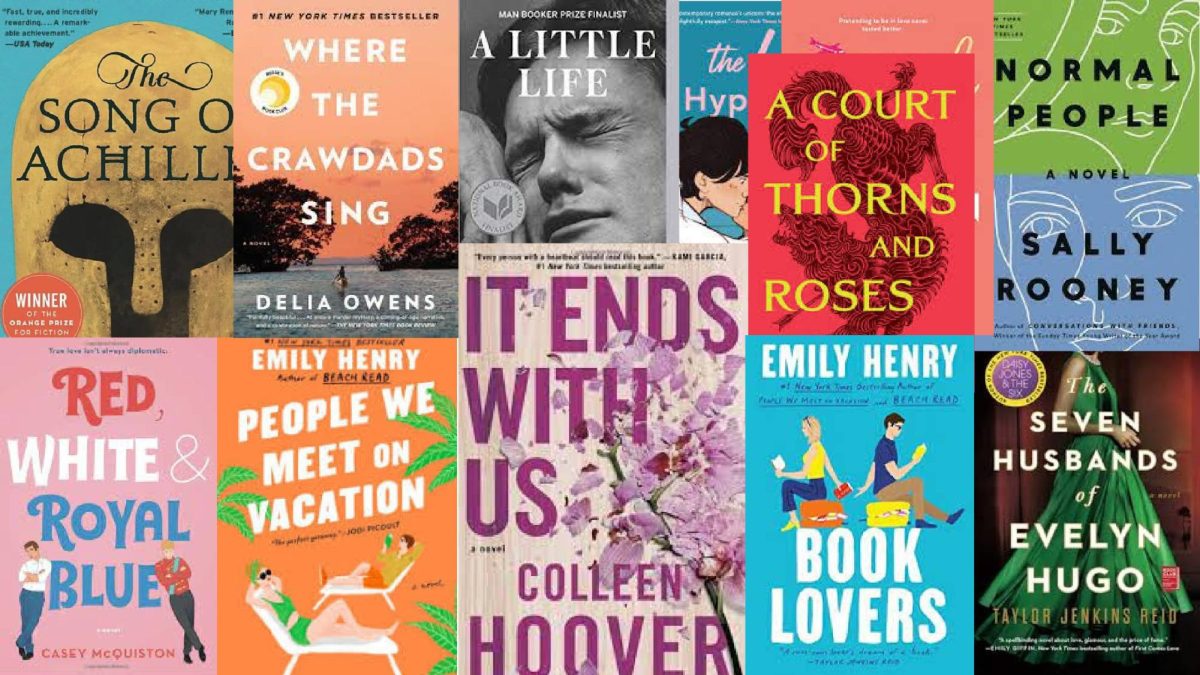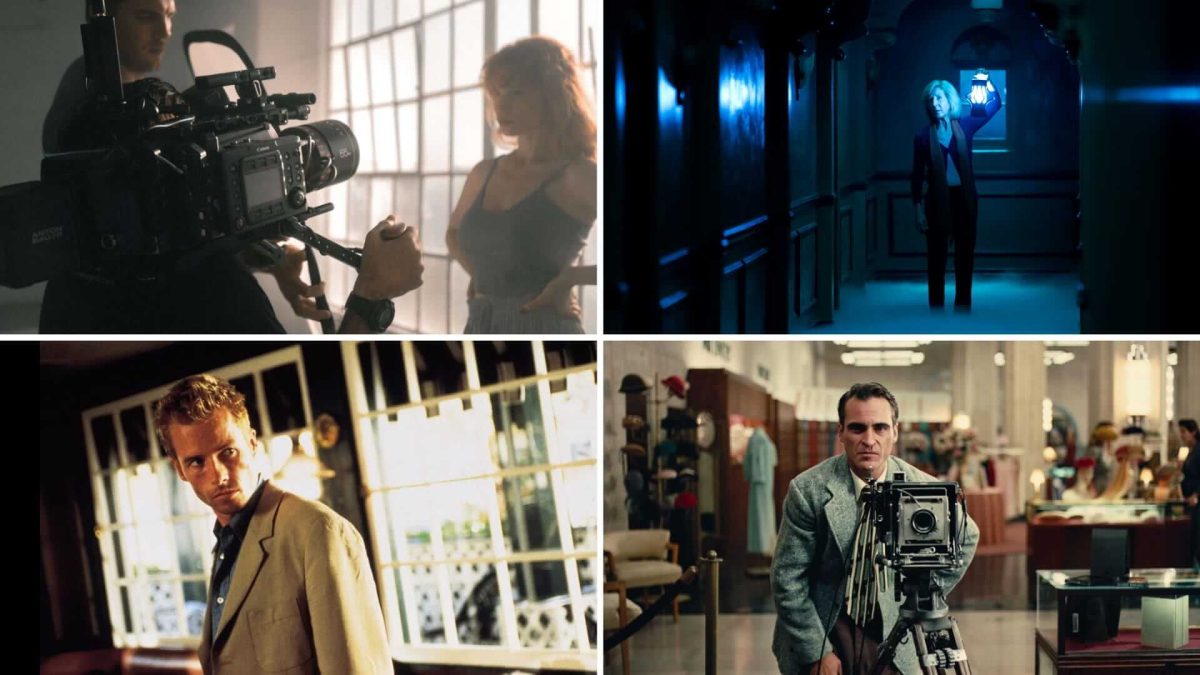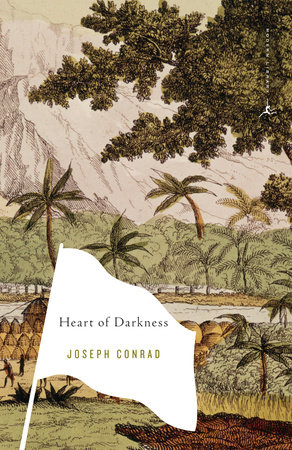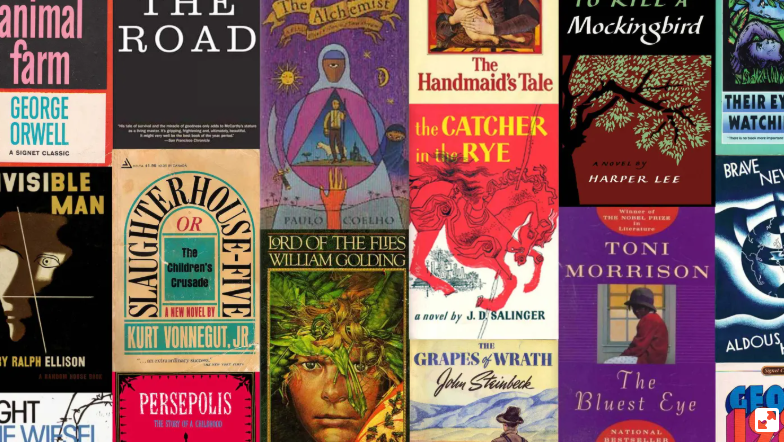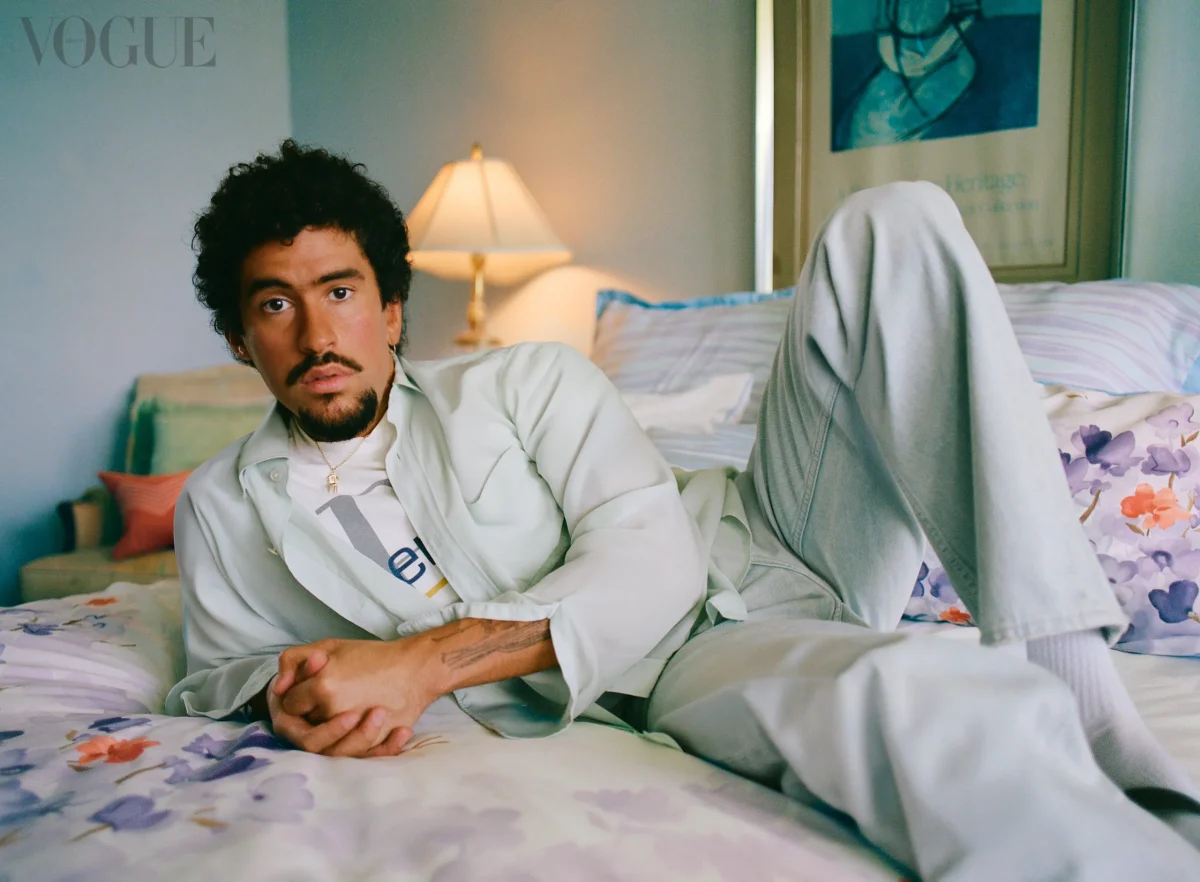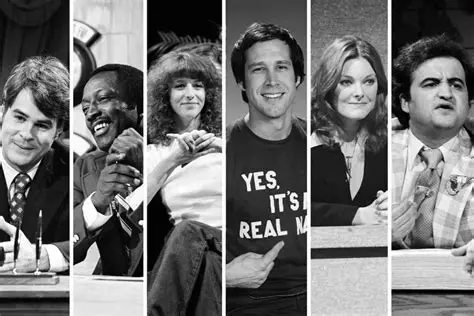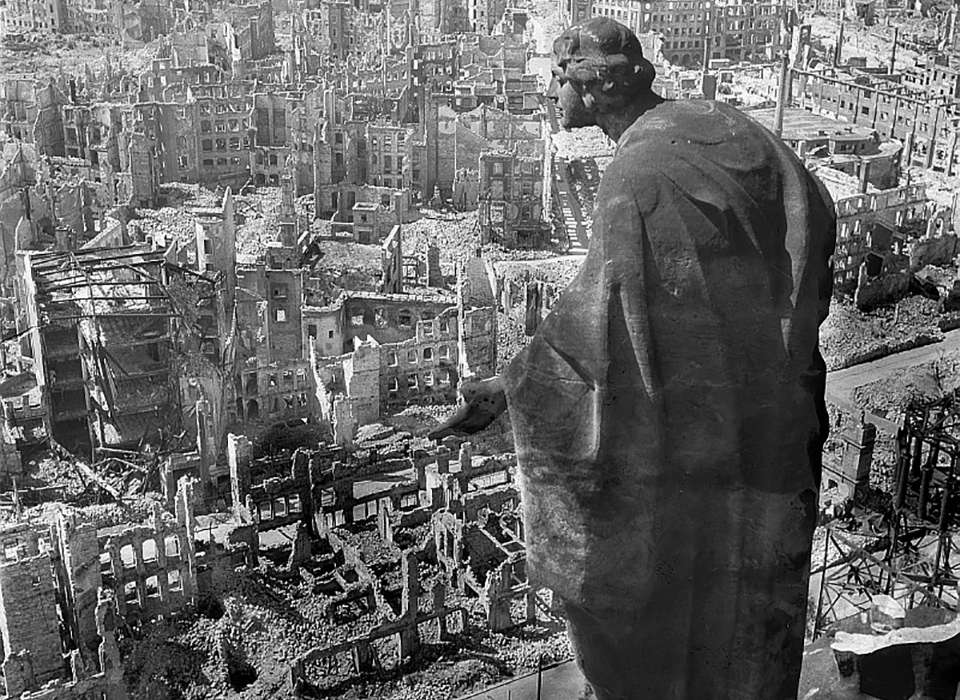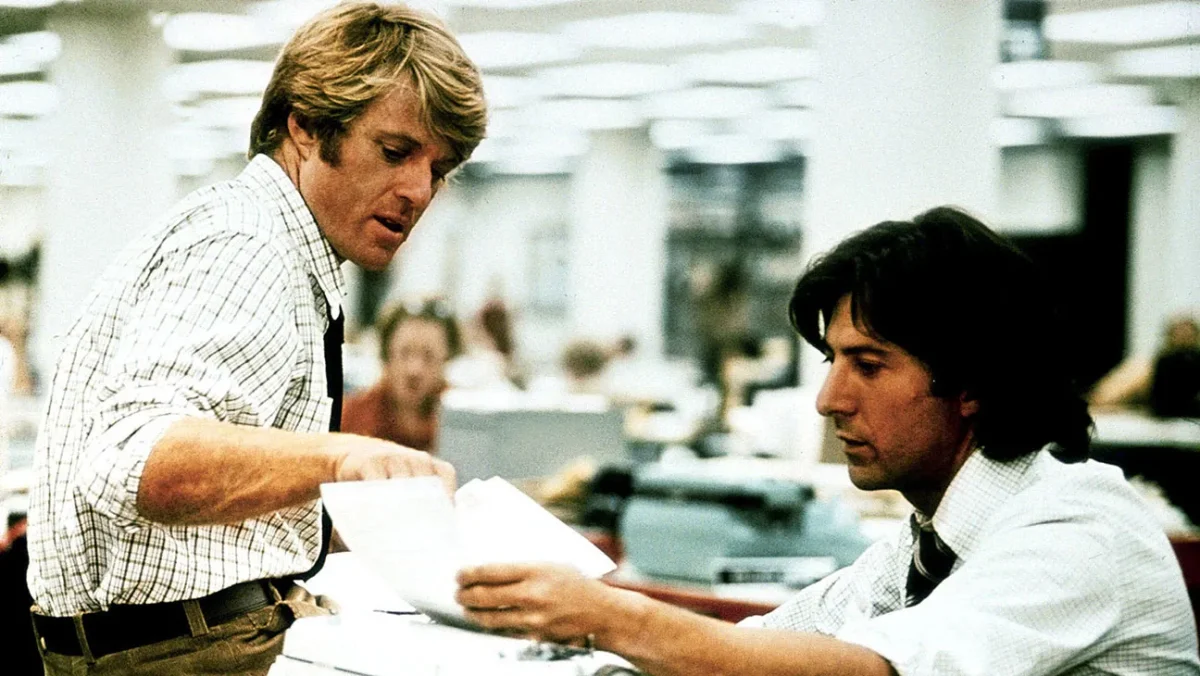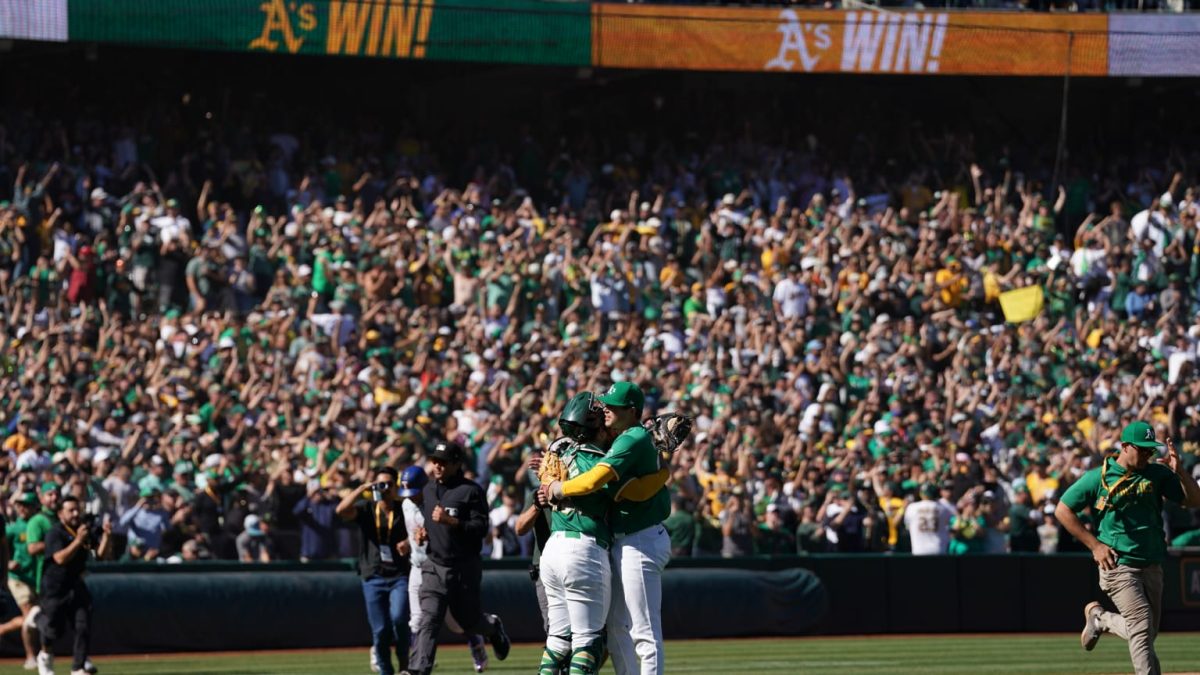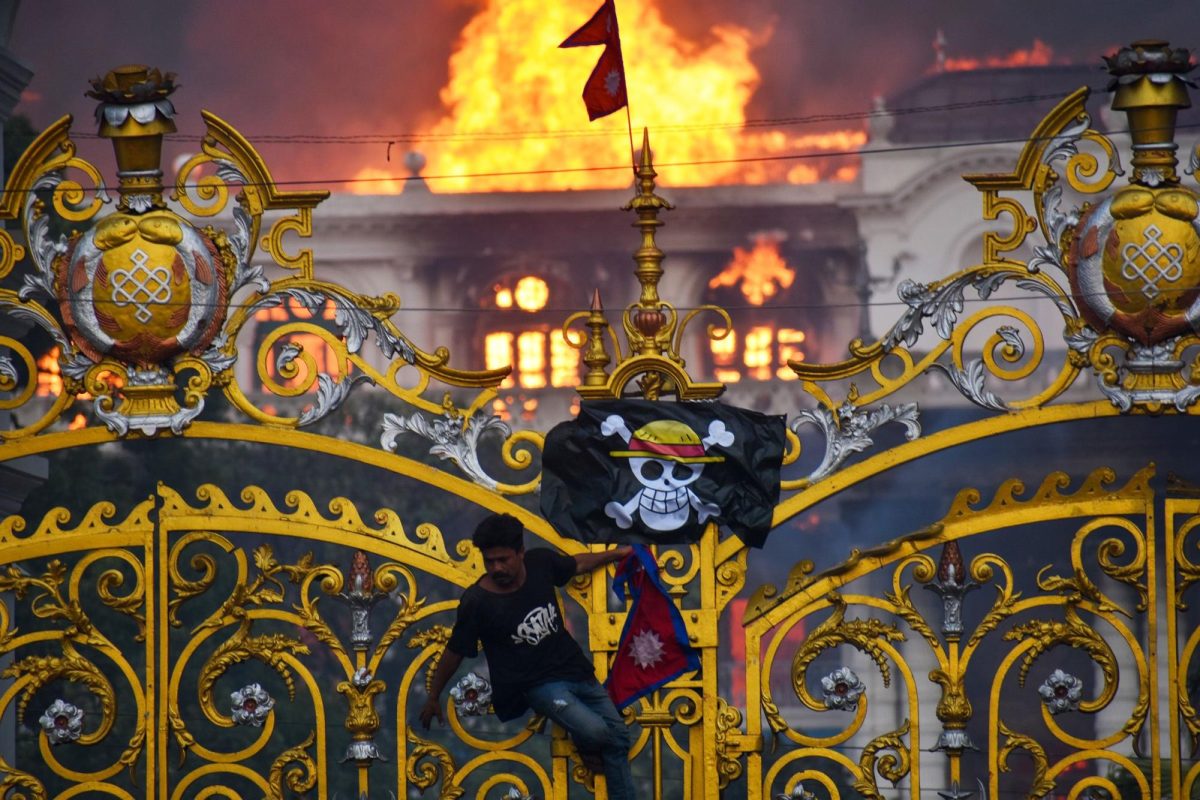Booktok: A magical corner of TikTok where people share their opinions and thoughts on all different kinds of books. Or is it?
Most people are familiar with the popular social media app TikTok, primarily used for short and typically funny/entertaining videos. Within the app, there are different sections for different interests. For example, if you like motorcycles, there is a part of TikTok where people post all about motorcycles. One of these sections is known as “Booktok”. As the name suggests, this is the corner where people talk about, you guessed it, books. From R.F. Kuang and Donna Tartt to Tolstoy, the recommendations, thoughts, opinions, and content produced on this side of TikTok is vast. When one is first introduced to Booktok, the recommendations are typically similar to The Seven Husbands of Evelyn Hugo (Taylor Jenkins Reid), They Both Die at the End (Adam Silver), or ACOTAR (Sarah J. Mass).


One VERY popular author I have yet to mention, however, is Colleen Hoover. Hoover has written many books, in total 26. My main issue with her is her harmful romanticization of abuse (also an issue within her fanbase) although there are also many other little things in her novels that I don’t find appropriate. In this article, however, all I will mention regarding Colleen Hoover is an Instagram comment someone made, comparing her to Dostoevsky. This person, who I don’t want to put on blast, stated that Colleen Hoover is the modern version of Dostoevsky. This comment sent people online into an uproar, and, I have to say, I agree with them. I’m not a pretentious reader, nor do I try to be, but the comparison between an incredibly talented and philosophical author to an author who writes abusers as “good boyfriends with problems” is ridiculous. I don’t think the person who wrote the comment has ever read a single book by Dostoevsky. Though both are considered literature, there is so extreme a difference between the two that it feels almost ironic that someone would mention them in the same sentence. If an author like him is even being compared to her, what does that say about the perception of literature?

The next thing I’d like to speak on relates a little more to the title of this article. When Booktok blew up online and became much more popular, it began to feel like books were being written around tropes instead of being written around genuinely good ideas and themes. When I say this I mean that it seems a lot of writers are taking popular tropes that have seen success, like “enemies to lovers” or “found family”, and churning out books that are the exact same, but with slightly different characters or settings. The main plots read the same, and so many books are being reduced to a list of tropes rather than being well-fleshed and centered around a theme or message. These books seem to be focused more on quantity, rather than quality, and they hardly ever feel original. The same recycled idea being used in a book makes it feel like something other than literature, especially considering the lack of artistic merit put into it. This is not a criticism of romance or fantasy genres. I am an avid reader and lover of both, and I think they are undervalued and overjudged. I only dislike it when people “write” books that are completely unoriginal and written just to fulfill a trope.
But, genuinely, who am I to judge?
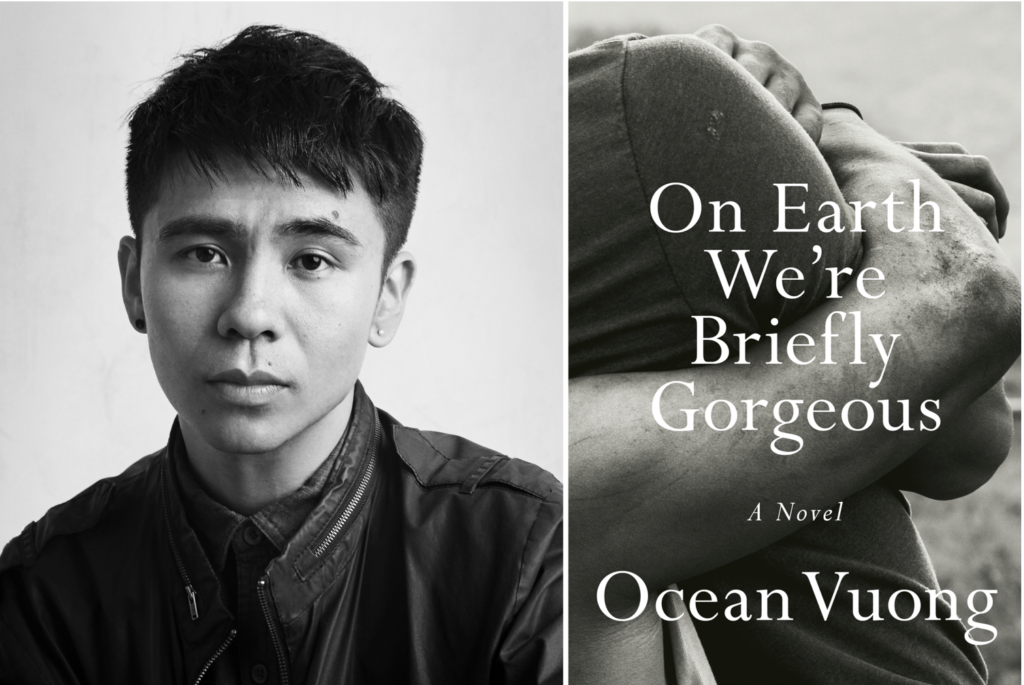
Whenever I think about this topic, I always circle back around to this: If people are actually reading and enjoying the process, no matter the book, why should I have a problem with it? Though I do think that the constant repetition and “tropification” of books is a problem, I will say that as long as people are reading, I consider it a plus. I also want to acknowledge how many brilliant authors there are today, like Ocean Vuong and R.F. Kuang, who write beautiful and contemplative stories. Overall, I think people are and should be entitled to read whatever it is they want, but I also think that the blow-up of Booktok online definitely had negative consequences on the quality of the literature produced today.



